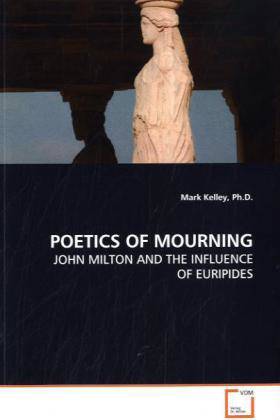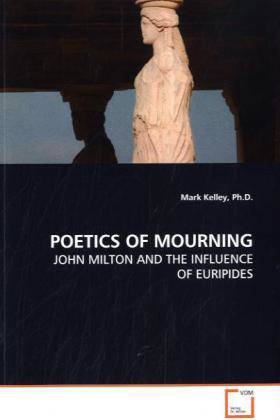
- Afhalen na 1 uur in een winkel met voorraad
- Gratis thuislevering in België vanaf € 30
- Ruim aanbod met 7 miljoen producten
- Afhalen na 1 uur in een winkel met voorraad
- Gratis thuislevering in België vanaf € 30
- Ruim aanbod met 7 miljoen producten
Zoeken
Omschrijving
Milton criticism, and especially that of Samson Agonistes, is commonly founded upon two certainties: the certainty of Samson's regeneration, and the certainty of Milton's idealizing Christianity. These platitudes have led too many critics to accommodate Samson (and by implication Milton) into a neo-conservative, predictable, brutally formalistic mold that, instead of challenging, enshrines inherited systems of belief. Euripides, Milton's favorite tragedian, wrote tragedy through his experience of the Peloponnesian War and the resultant fall of the Periclean democratic experiment, a disaster Milton recognized in his own experience of the English civil war. Through war and tragedy Euripides searched the individual and historical boundaries between normality and pathology, locating the source of tragedy in the tense interdependence of opposites: the forces of creation and destruction in ourselves, our societies, our world. This study examines Milton's intellectual and imaginative development in light of Euripidean tragedy, a development that would culminate, achieve its fullest expression, in Milton's last poem Samson Agonistes.
Specificaties
Betrokkenen
- Auteur(s):
- Uitgeverij:
Inhoud
- Aantal bladzijden:
- 264
- Taal:
- Engels
Eigenschappen
- Productcode (EAN):
- 9783639172577
- Verschijningsdatum:
- 25/06/2009
- Uitvoering:
- Paperback
- Formaat:
- Trade paperback (VS)
- Afmetingen:
- 152 mm x 229 mm
- Gewicht:
- 390 g

Alleen bij Standaard Boekhandel
+ 155 punten op je klantenkaart van Standaard Boekhandel
Beoordelingen
We publiceren alleen reviews die voldoen aan de voorwaarden voor reviews. Bekijk onze voorwaarden voor reviews.











